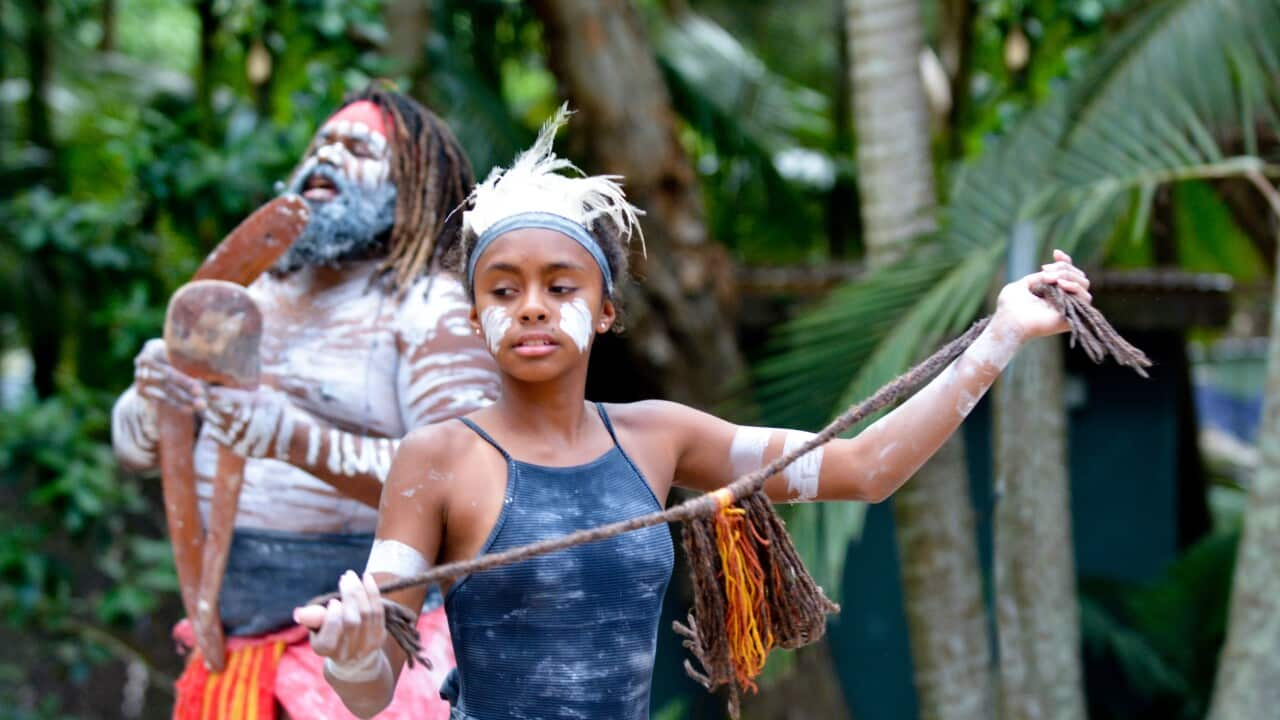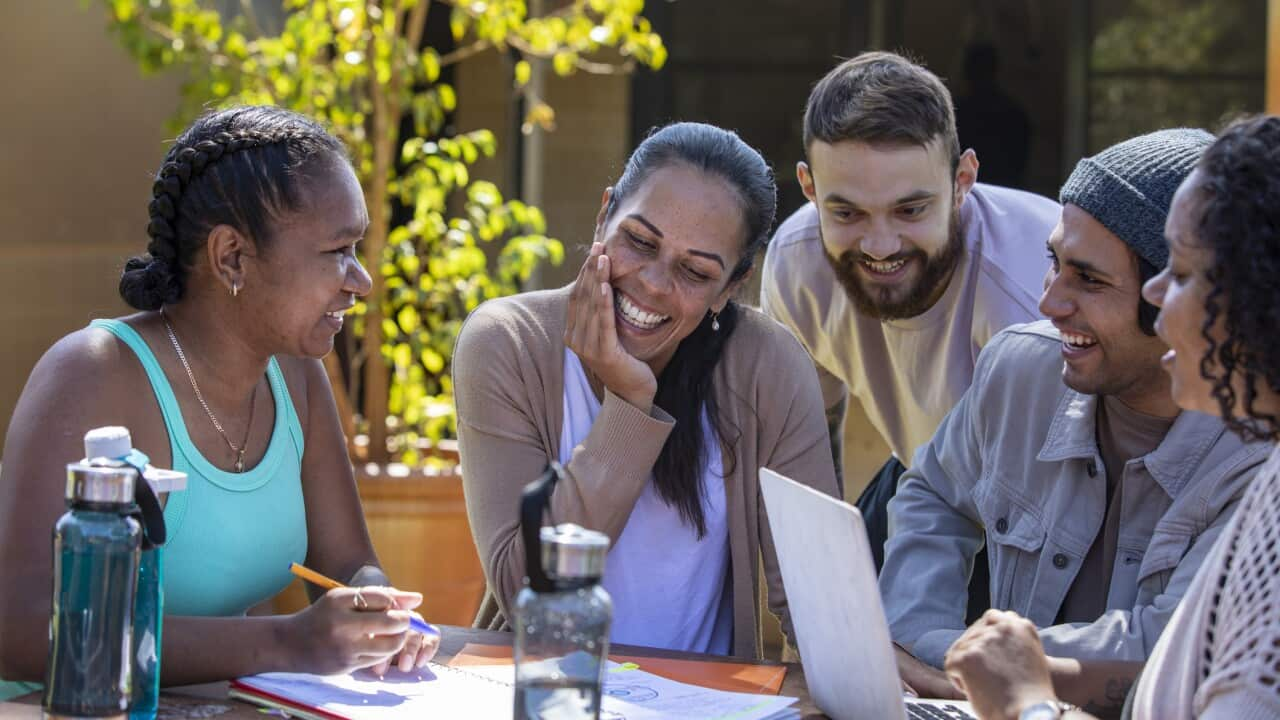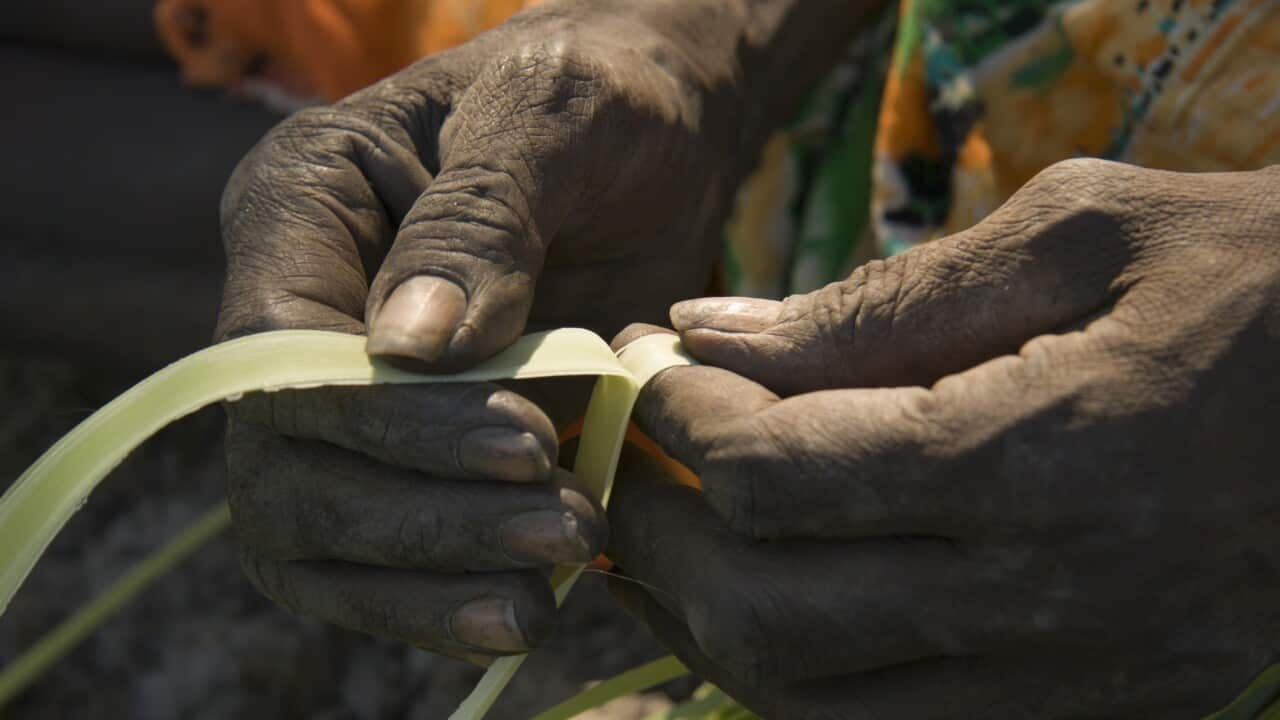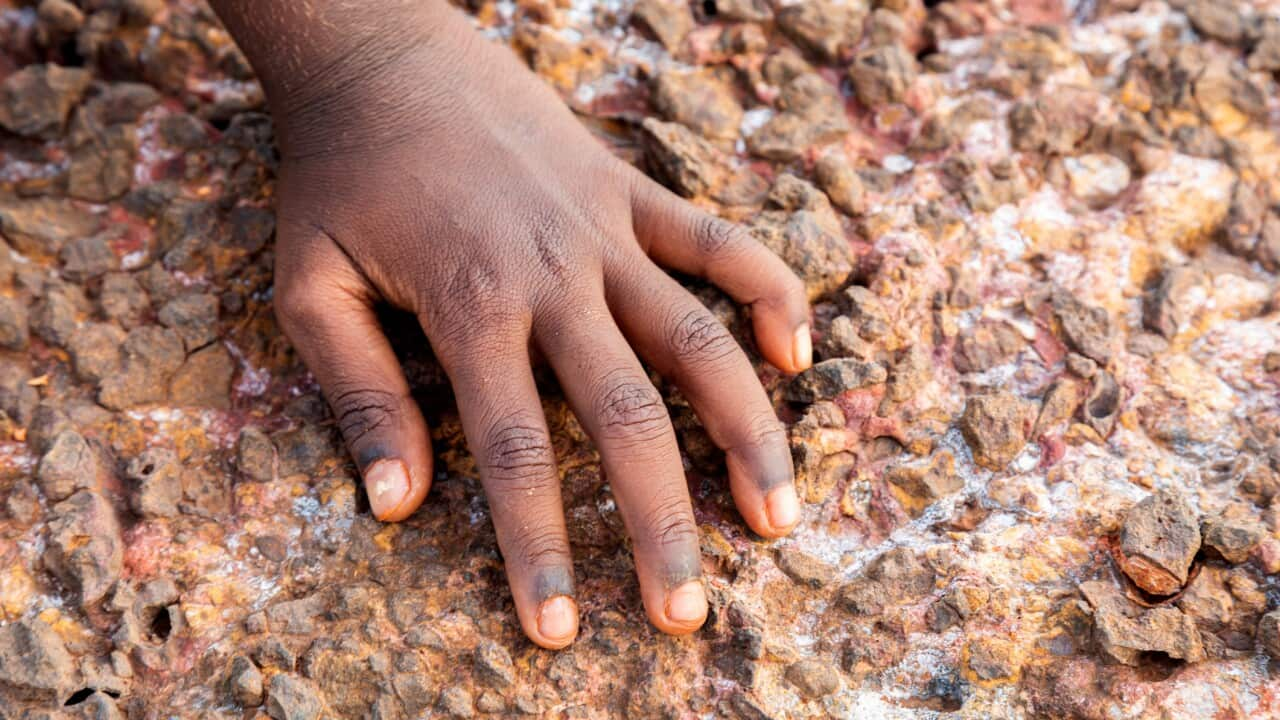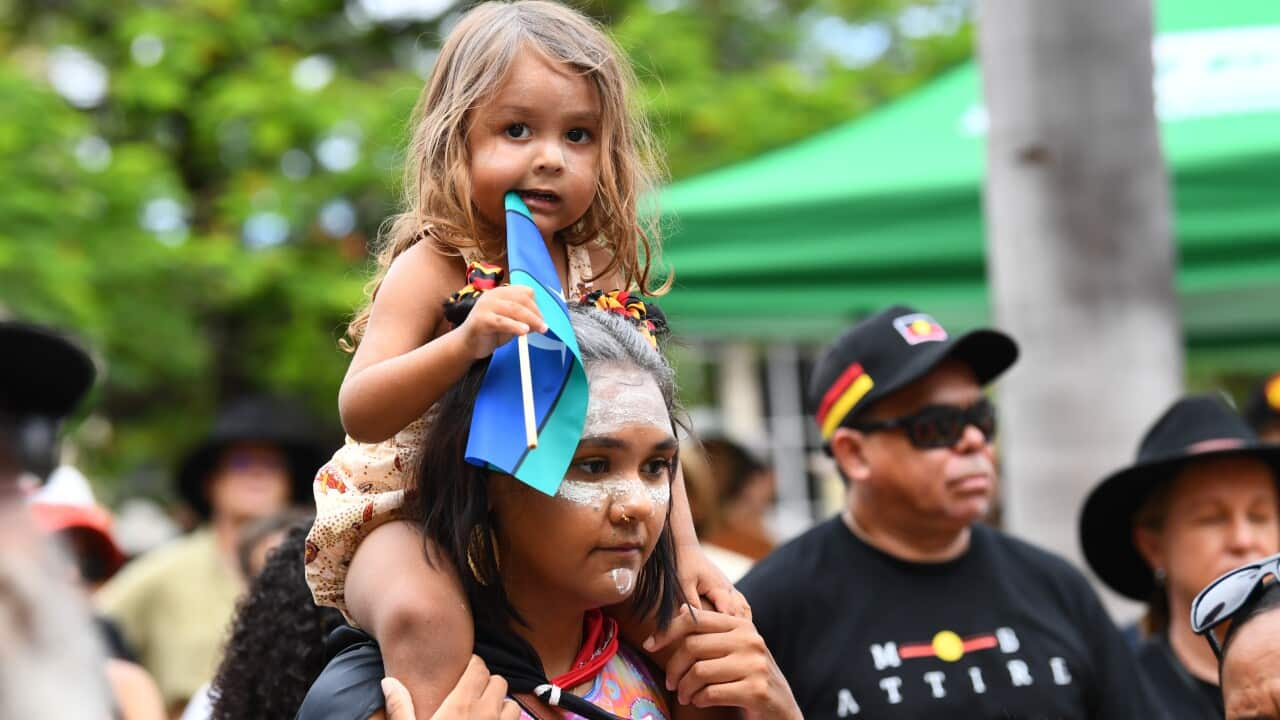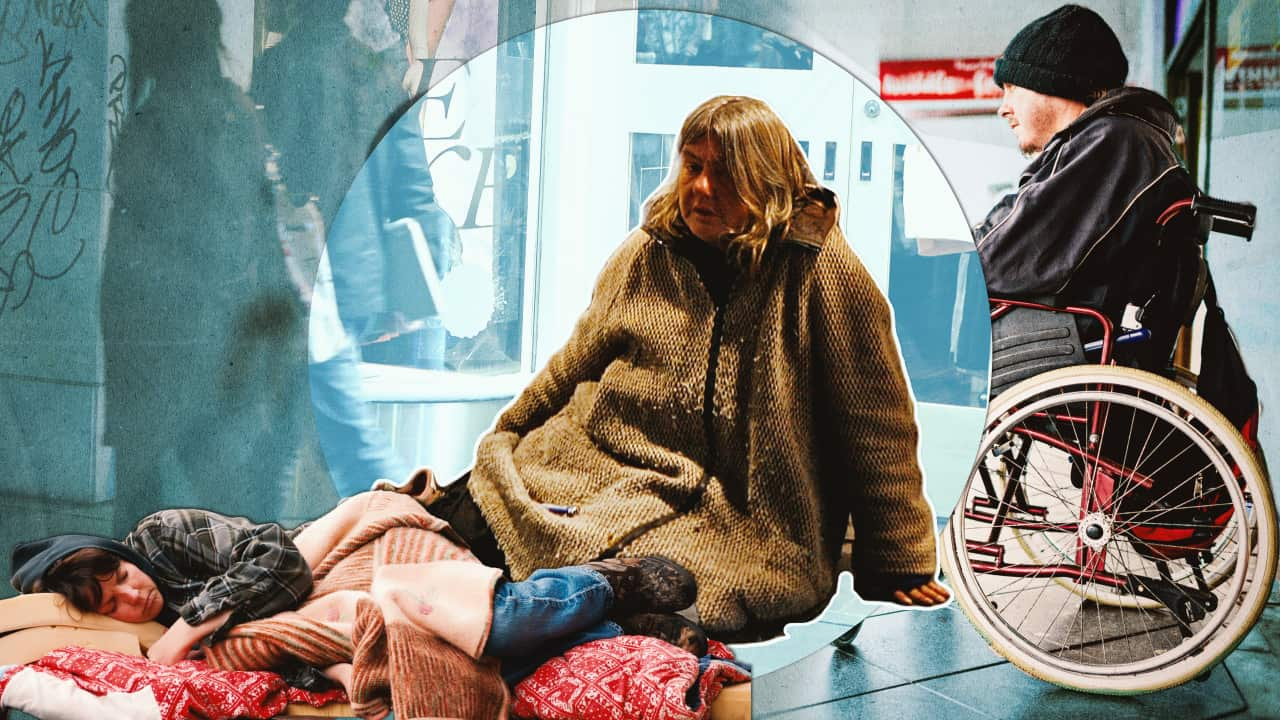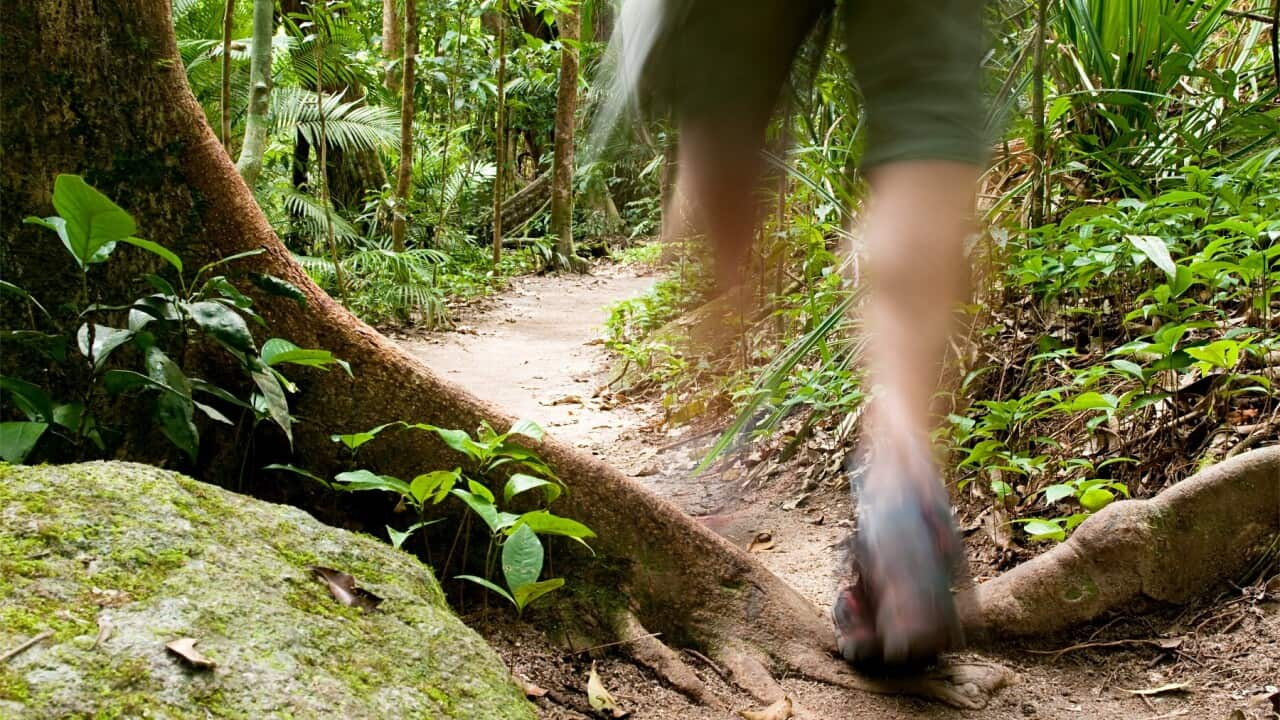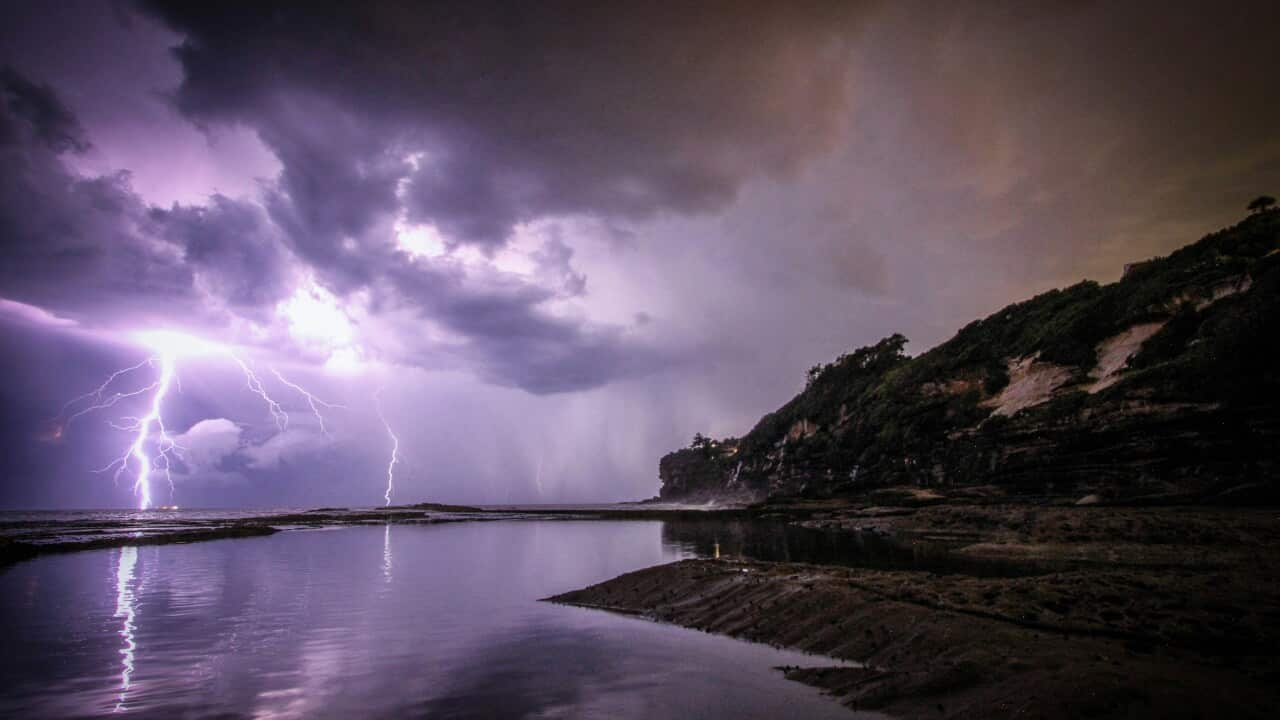Key Points
- Cultural etiquettes have been observed by First Australians for thousands of years.
- Aboriginal Elders are respected community members who possess and can share deep cultural knowledge.
- Don't be afraid to ask questions about protocols, as long as you are respectful.
- Using appropriate and sensitive language is a simple way to show respect.
Indigenous cultural protocols are based on ethical principles that shape our working and personal relationships with Aboriginal and Torres Strait Islander peoples.
It’s important to nurture these relationships because they are Australia’s First Peoples. They have an intimate knowledge of the land and can teach us about caring for our environment.
Caroline Hughes is a Ngunnawal Elder of the ACT and region. As an Aboriginal Elder, she is held in high esteem for her deep cultural knowledge.
“We have belief systems and cultural etiquette that go back since time began... that is very much still a part of our lives today in modern Australia,” she says.
By observing cultural protocols, we acknowledge the unbroken connection that the First Nations have with the land and their ancient practices.
Supporting the continued practice of First Nations cultures is Rhoda Roberts, SBS’ Elder in Residence.
“We’ve continued oral stories, protocols and rituals for eons. And while things do adjust – we’re not a static peoples – the whole premise and philosophy of who we are is caring for country which is our land, our sea and our waterways and sky.”
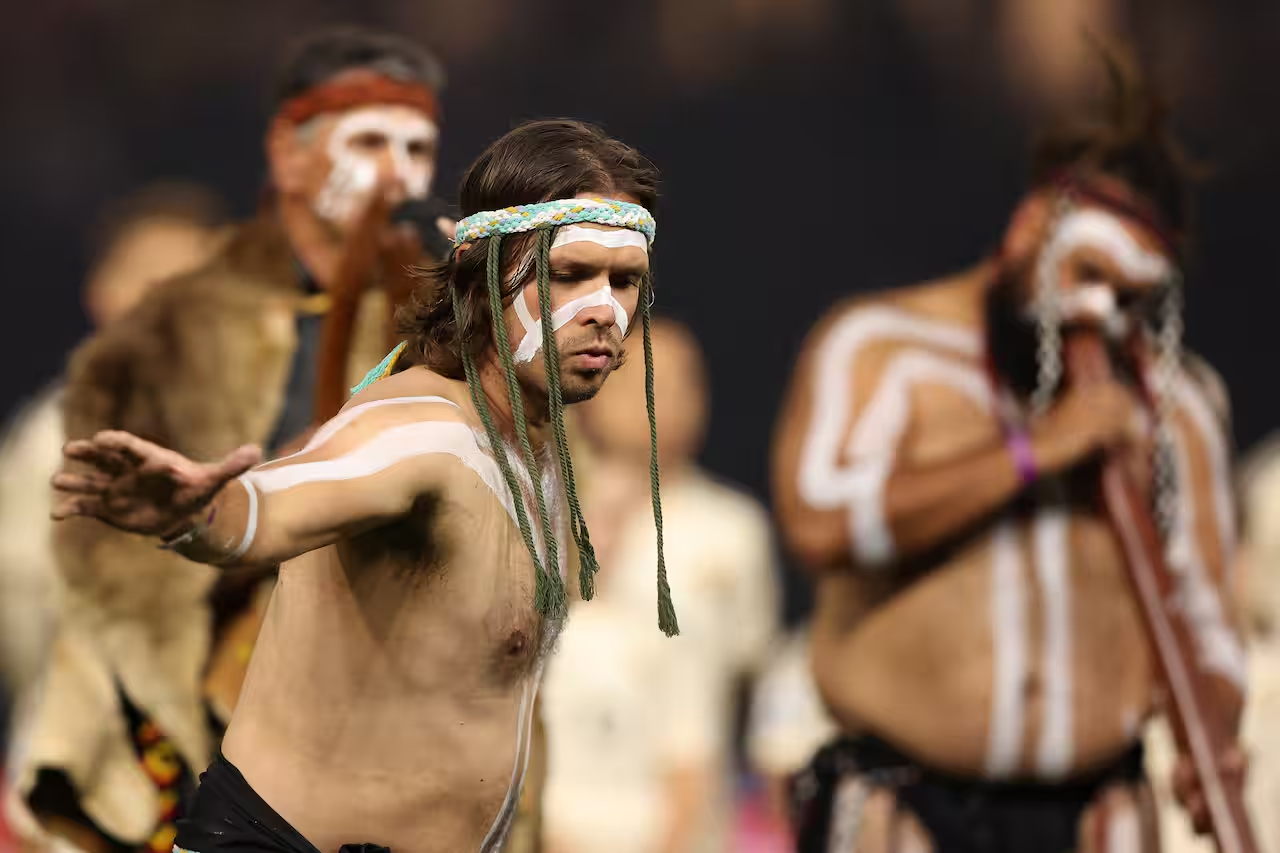
Aboriginal dancers perform during the welcome to country before the friendly between AC Milan and AS Roma at Optus Stadium on May 31, 2024 in Perth, Australia. Credit: Paul Kane/Getty Images
How should we refer to First Australians?
‘Aboriginal’ or ‘Torres Strait Islander’ is appropriate across Australia, Caroline Hughes says.
People also identify themselves by connecting to where they are from, such as 'Koori' often used in New South Wales and Victoria, 'Murray' in Queensland and 'Palawa' in Tasmania.
“I prefer to be called a Ngunnawal woman because that is my Country," Ms Hughes says.
My Country is my language group and my tribal group, and that tells other Aboriginal people where I come from.Caroline Hughes
Two distinct Indigenous peoples
Torres Strait Islanders are the Indigenous peoples from the islands between the tip of Cape York Peninsula and Papua New Guinea and are predominantly of Melanesian descent.
Thomas Mayo is a Torres Strait Islander and Assistant National Secretary of the Maritime Union of Australia. He says Indigenous peoples are vastly divers.
“All First Nations have slightly different cultures but there is a clear difference between Islander and Aboriginal culture. Islanders like to be recognised as distinct Indigenous Peoples.”

Both the Aboriginal and Torres Strait Islander flags are flown alongside the Australian national flag Source: AAP / AAP Image/Mick Tsikas
Using respectful language
‘Indigenous’, ‘Aboriginal’, ‘Torres Strait Islander’ and ‘Elder’ are proper nouns signalled by a capital letter. Abbreviations are considered extremely offensive, explains Caroline Hughes.
“Never abbreviate ‘Aboriginal’. We’re not an acronym either and we’re very particular about that, and there are offensive terminologies that would hurt our hearts.”
Who are the Elders?
Elders are respected community members who possess deep cultural knowledge. They are referred to as ‘Aunty’ and ‘Uncle’. It’s appropriate for non-Indigenous people to first ask whether they can use these names.
Welcome to Country ceremonies are often performed by Elders of the community where an event takes place.
What is ‘Welcome to Country’?
Coined in the 1980s by Rhoda Roberts, Welcome to Country is a traditional welcoming ceremony delivered at the opening of an event to honour the past. It may be a speech, dance or smoking ceremony.
Similarly, ‘Acknowledgement of Country’ is a welcoming protocol delivered at significant meetings, and can be performed by anyone, Rhoda Roberts says.
“Acknowledgement is recognising that you might be working or living on a place that’s not the place you come from, but that’s okay. You still belong to it and you’re going to acknowledge and thank the Custodians and Elders.”
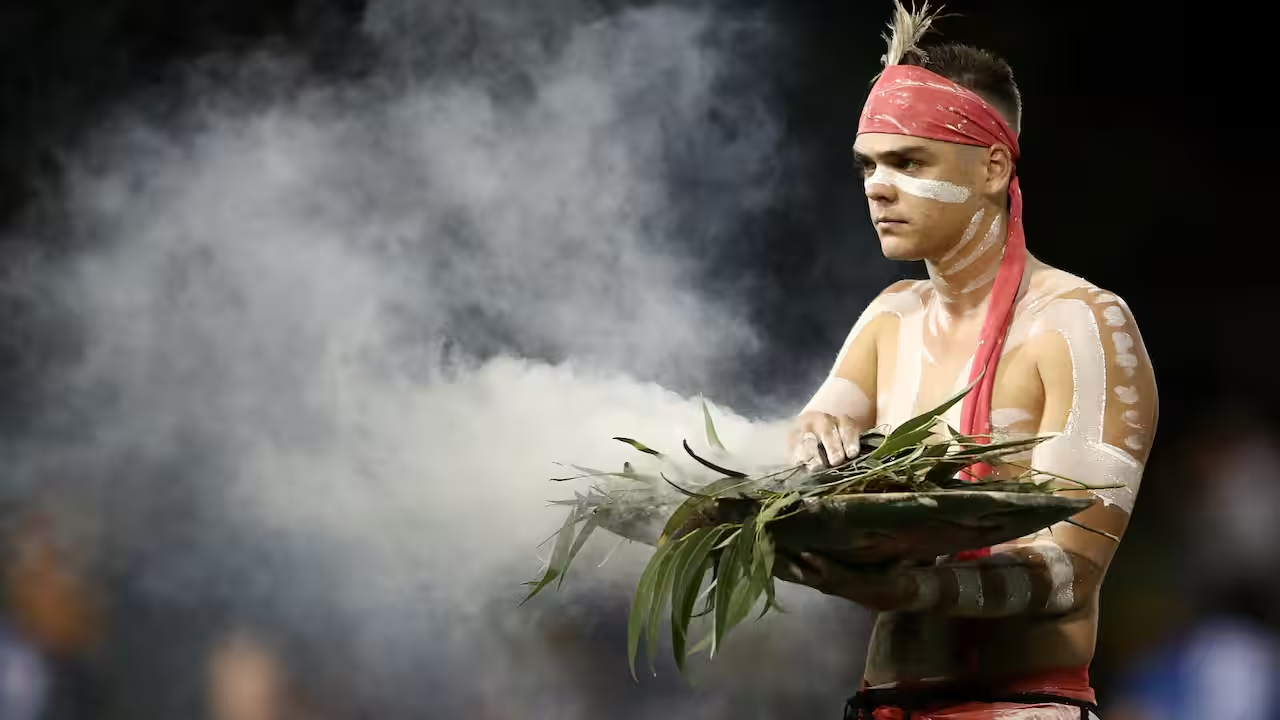
An Indigenous performer participates in a smoking ceremony. Source: Getty / Cameron Spencer/Getty Images
Inappropriate language
Historic trauma stemming from the forced removal of children impacts how people respond to questions about their background, Caroline Hughes says.
“It’s very inappropriate to talk about percentages and even skin, eye and hair colouring because our children are raised in our culture, and that is very particular for us. White society or non-Indigenous society rejected these children, whereas in Aboriginal culture they’re gifts from the spirit world, to our families, our community and they’ve always been accepted.”
Show respect by learning more
Don’t be afraid to ask questions about protocols, so long as you come from a place that is genuine and respectful, Thomas Mayo says.
“And then the most important thing is to listen and accept the explanation and move forward respectfully.”
Mr Mayo also suggests that everyone read the Uluru Statement from the Heart available here in and support its proposals.
SBS’ Elder in Residence reminds us that protocols are essentially about acknowledging your fellow human.
It’s about kindness and compassion, but at the end of the day I always say it’s just good manners.Rhoda Roberts
This content was first published in May 2022.
